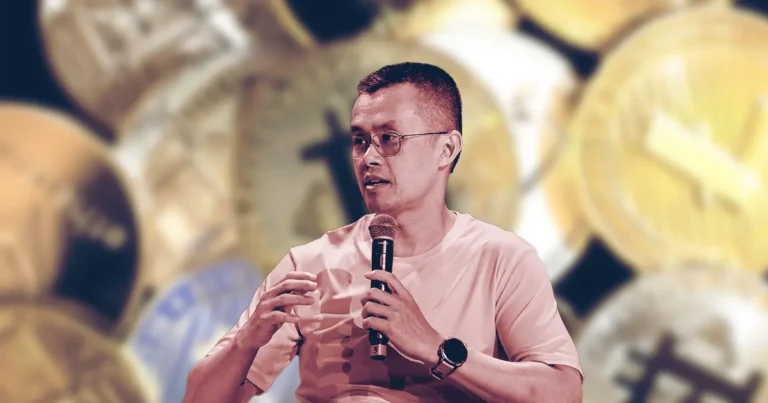30-4-2025 – Changpeng Zhao, the visionary founder and former CEO of Binance, delivered a candid critique of the crypto-AI landscape, urging the industry to prioritise genuine utility over fleeting hype. He lambasted the proliferation of AI agents tethered to tokens, declaring that “99.99%” lack meaningful purpose. “You can click a button on a launchpad and get an AI with your name, but that token is worthless,” Zhao remarked, calling for the creation of AI agents that deliver tangible benefits and integrate seamlessly with blockchain technology.
Zhao envisions AI as a transformative force for cryptocurrency, poised to redefine how users engage with blockchains. From revolutionising app interfaces to enhancing customer support and bolstering risk monitoring, he believes AI will overhaul the crypto experience. “Everything is going to change,” he predicted. Reflecting on the industry’s evolution, he noted that cryptocurrency matured before AI, but the two are now converging. At his educational platform, Giggle, AI is already driving innovation, particularly in multilingual text translation, showcasing its practical potential.
The synergy between AI and crypto extends to payments, with Zhao asserting that cryptocurrency is the natural currency for AI systems. “An AI won’t swipe a card or enter an SMS code—that’s not how it works. Crypto is the answer,” he explained. He also highlighted a pressing challenge: the internet’s data reserves, used to train AI, are depleting. Blockchain, he proposed, could enable privacy-preserving data capture, allowing users to monetise their contributions—a model that aligns with the technology’s decentralised ethos.
Zhao’s insights come amid a global push for crypto adoption, with around a dozen countries consulting him on fostering blockchain growth. He noted a marked shift in attitudes over the past six months, spurred by the pro-crypto stance of the new U.S. administration and ideas like Elon Musk’s proposal to leverage blockchain for governmental efficiency. Regions like the UAE, exploring decentralised IDs, and countries such as Hong Kong and Bhutan are embracing crypto, though Europe—bar Montenegro—appears conspicuously absent from the dialogue.
On regulation, Zhao revealed that his discussions with governments are advanced, focusing on region-specific adoption challenges. Regulators often push for localised solutions, such as domestic wallets and order books, but Zhao cautioned that this fragments liquidity. “If every country has its own order book, trading will suffer,” he argued. He also advised nations building crypto reserves to act swiftly to avoid higher costs, recommending professional custody for smaller holdings and cold storage for larger ones.
Zhao drew parallels between the rapid rise of crypto and AI companies, noting that while internet firms grew slowly, crypto scaled faster, and AI is accelerating at an even more blistering pace. Blockchain, he argued, offers AI firms a unique edge by enabling swift monetisation. He also sees blockchain evolving beyond its current financial focus, expanding into “multiple dimensions” to support innovations like decentralised identities and data markets.
Through his remarks, Zhao painted a bold vision for a crypto-AI future, one where utility, accessibility, and global collaboration drive the next wave of technological progress.


